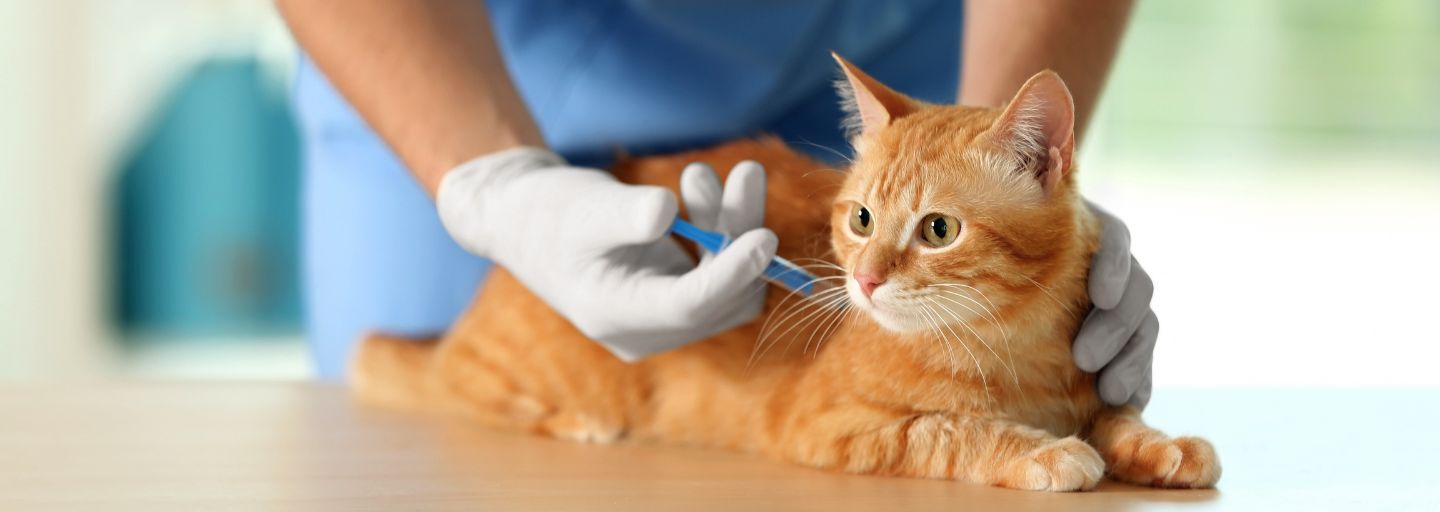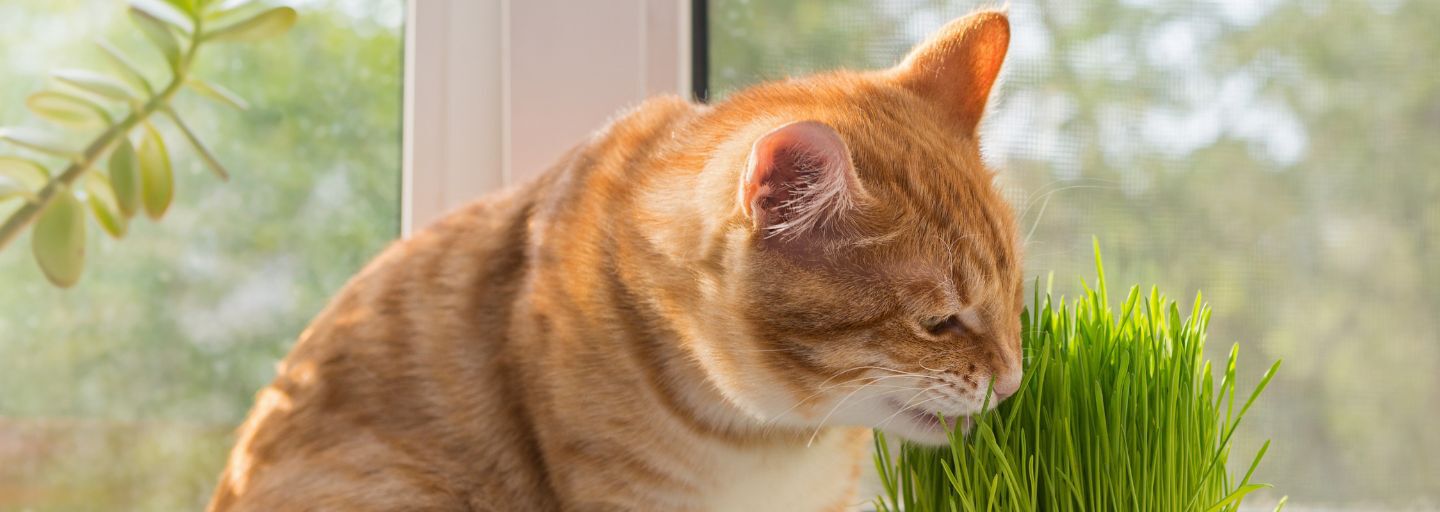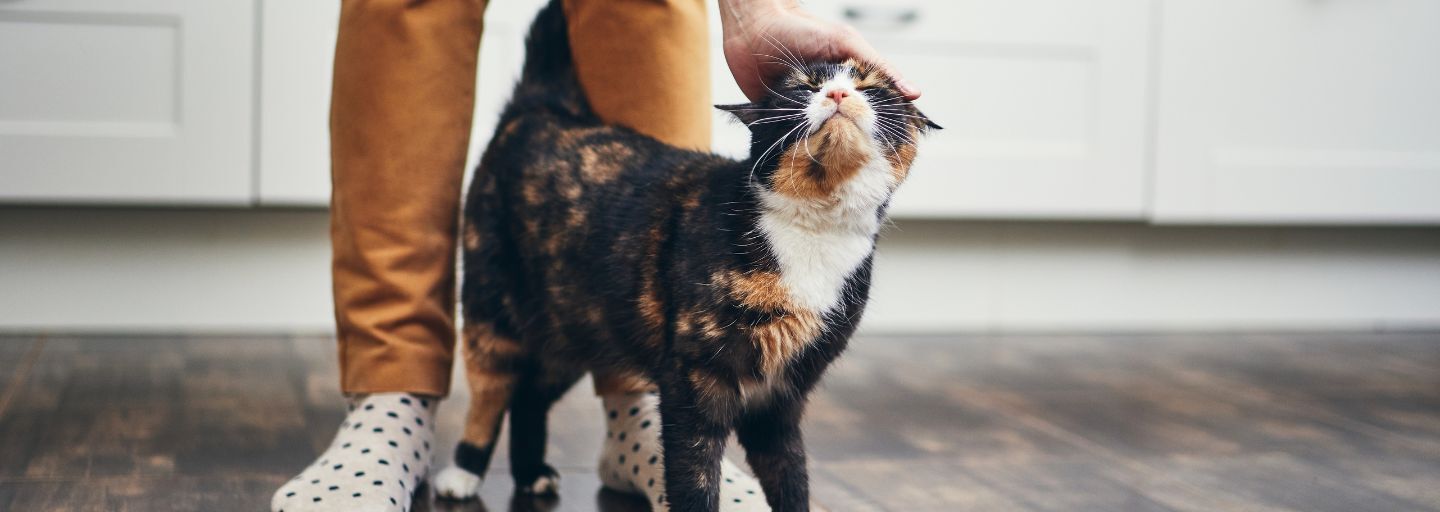Vaccinating your cat is a crucial step in protecting them from harmful and potentially fatal diseases. By ensuring your cat is immunised, you not only safeguard their health but also contribute to the well-being of other cats in your area and even the wild cat population.
The Importance of Cat Vaccinations
Vaccinations play a vital role in preventing the spread of infectious diseases among cats. While many feline diseases are relatively uncommon due to widespread vaccination efforts, it is still essential to immunise your cat to provide them with the best possible protection.
Protecting Your Cat and Others
Failing to immunise your cat not only puts them at risk but also poses a threat to other cats in your community and even the wild cat population. Vaccinations help create a barrier of immunity, reducing the likelihood of disease transmission. By vaccinating your cat, you contribute to the overall health and well-being of the feline population.
Understanding Maternally Derived Antibodies (MDA)
Maternally derived antibodies (MDA) are antibodies passed from the mother cat to her kittens through colostrum, the first milk produced after birth. While these antibodies provide temporary protection, they can interfere with the effectiveness of vaccines. This is why kittens require a series of boosters to ensure they develop their own long-lasting immunity.
Commencing Vaccinations in Kittens
Vaccinations in kittens should commence between 6 to 8 weeks of age. This timing allows for the gradual decline of maternally derived antibodies, enabling the vaccines to stimulate the kitten's immune system effectively.
The kitten vaccination schedule in Australia is below. However, please consult your veterinarian who will guide you on the appropriate vaccination schedule for your kitten:
Core vaccines - F3 FVR (feline viral rhinotracheitis), FCV (feline calicivirus), and FPV (panleukopenia).
- Primary: 1st shot at 6-8 weeks
- Primary: 2nd shot at 10-12 weeks
- Primary: 3rd shot at 14-16 weeks
- Booster: 12 months
- Repeat booster: 12-36 months depending on risk factors
- Non-core vaccines:
- Rabies: Primary: 8 - 12 weeks
- Booster: 12 months
- Booster: 24 months
- Repeat booster: 12-36 months depending on local laws
- FIV (Feline immunodeficiency virus)
- Primary: 1st shot at 8 weeks
- Primary: 2nd shot at 10 weeks
- Primary: 3rd shot at 12 weeks
- Booster: 12 months
- Repeat booster: every 12 months for high-risk cats
- FeLV (Feline leukemia) – Requires two doses 3-4 weeks apart.
- Primary: 1st shot at 8 -12 weeks
- Primary: 2nd shot at 12- 16 weeks
- Booster: 12 months
- Repeat booster: every 12 months for high-risk cats
- FIP (Feline Infectious peritonitis) – Requires two doses 3-4 weeks apart.
- Primary: 1st shot at 16 weeks
- Primary: 2nd shot at 20 weeks
- Booster: every 12 months for high-risk cats
- Chlamydophila felis – Requires two doses 2-4 weeks apart
- Primary: 1st shot at 9 weeks
- Primary: 2nd shot at 13 weeks
- Booster: every 12 months for high-risk cats
- Bordetella - Bordetella can also be given intranasally with just a single dose as early as 4 weeks of age.
- ‘Single intranasal dose at 4 weeks’
- Primary: 1st shot at 8-12 weeks
- Primary: 2nd shot at 12-16 weeks
- Booster: every 12 months for high-risk cats
- According to the Australian Veterinary Association, the core vaccines need to be administered tri-annually. The best vaccination protocol for any cats with higher risk factors can be assessed by your veterinarian.
Health Information: The information on our website is intended to impart general nutrition and health information, and is not intended for diagnostic or treatment purposes. Purina is not engaged in rendering veterinary advice or services and always recommend consulting a qualified veterinarian for veterinary advice or services.







